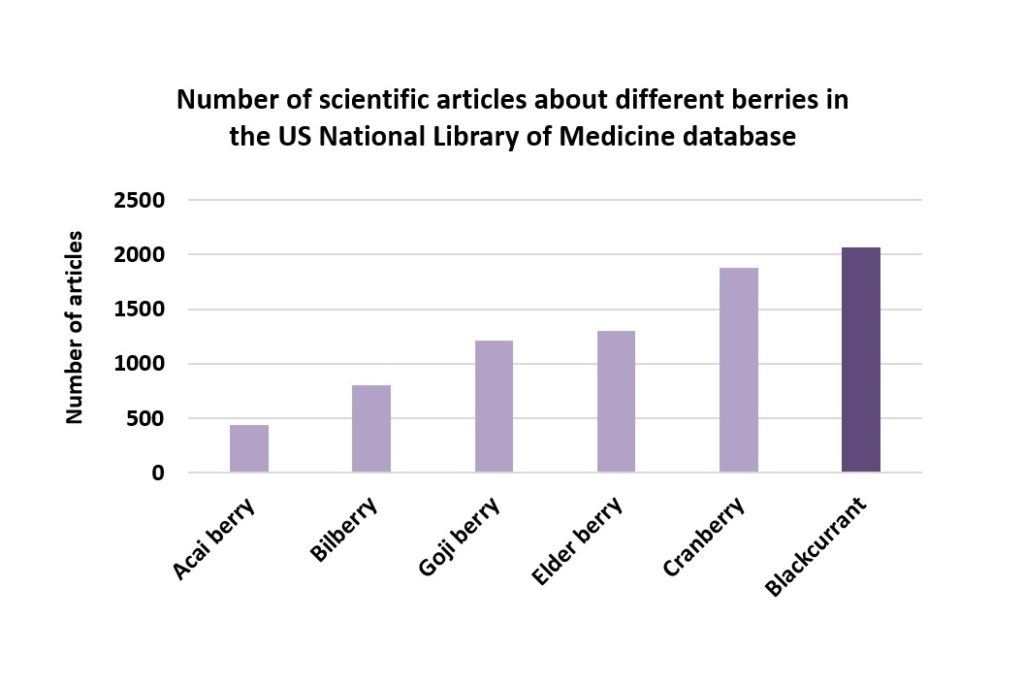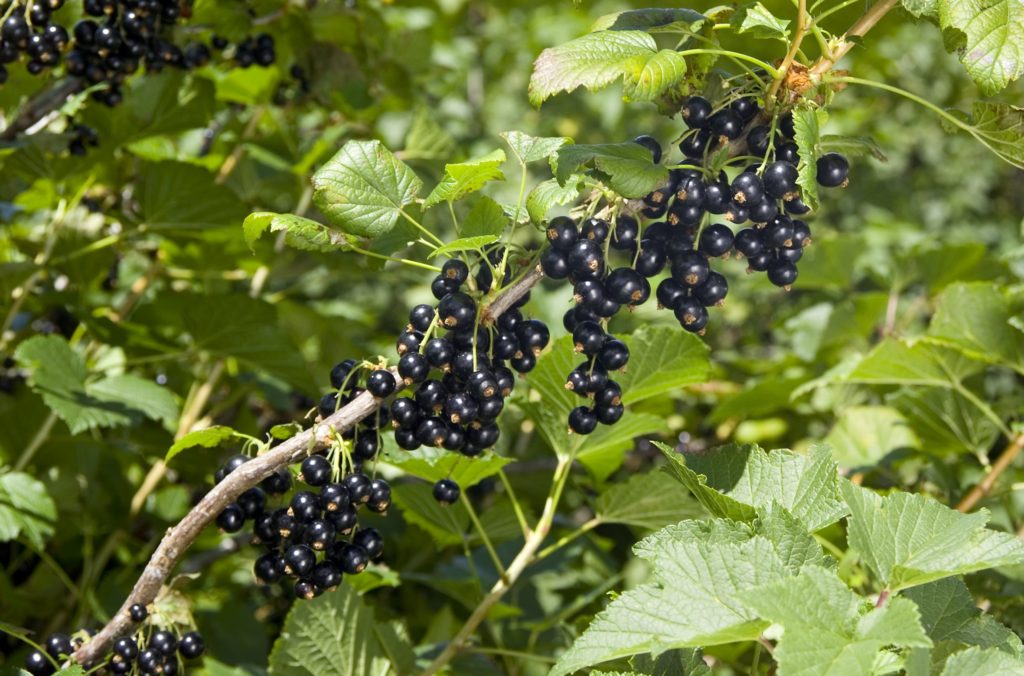Cognitive Function
New Zealand Cassis is good for the brain
There is good evidence that the decline in cognitive function with age, and in some diseases, such as Alzheimer’s and Parkinson’s, is a consequence of free radical-dependent oxidation of DNA, lipids and proteins in the central nervous system. Changes in levels of specific proteins have also been implicated in cognitive decline with age, particularly the enzymes monoamine oxidase A and B in the brain.
These enzymes catalyse the inactivation of neurotransmitters and many neurological disorders, including Parkinson’s disease, are treated with monoamine oxidase inhibitors to maintain neurotransmitter activity. Dietary intake and plasma levels of antioxidants have been inversely correlated to cognitive impairment with age, suggesting that consumption of antioxidants may protect against cognitive decline.
New Zealand Cassis and Cognitive Function
- In an animal model, rats fed 2% anthocyanin-rich Cassis extract for eight weeks showed enhanced neuronal functioning and the restoration of the brain’s ability to generate a neuroprotective response to stress.
- Volunteers supplemented with New Zealand Cassis juice or New Zealand Cassis extract containing 500mg of anthocyanins per dose showed a significant improvement in attention performance while undertaking an attention demanding and mentally fatiguing computerised cognitive assessment compared to those taking a placebo treatment. In addition, the levels of monoamine oxidase B in platelets isolated from the supplemented volunteers were inhibited by 96% compared to those receiving the placebo.
- A pilot study of nine healthy young volunteers monitored by electroencephalography (EEG) to assess if changes in cognitive performance demonstrated that consumption of a single dose of New Zealand Cassis juice containing 500mg of anthocyanins were found to have increased alertness, decreased mental fatigue, and improved reaction times.










